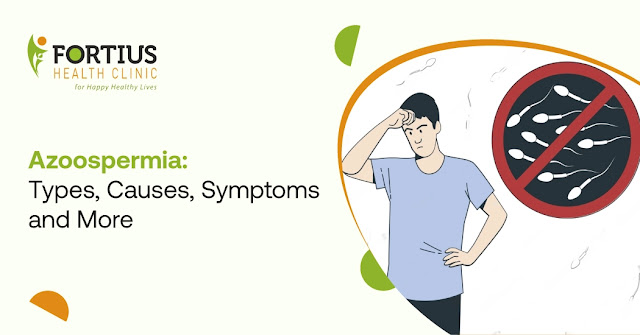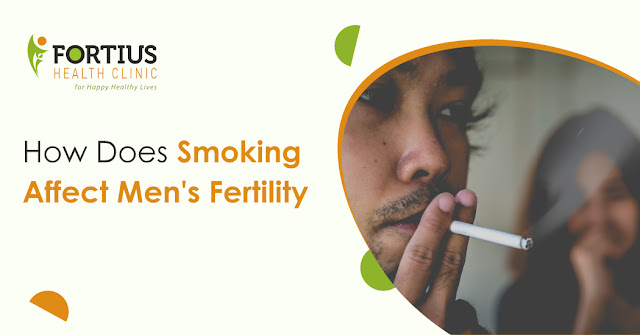Azoospermia : Zero sperm count in Semen - Fortius Health Clinic

Azoospermia, characterized by the absence of sperm in semen during ejaculation, presents a significant challenge to couples struggling with infertility . Accounting for 10-15% of male infertility cases, this condition can be classified into obstructive and non-obstructive types. Obstructive azoospermia occurs when sperm production is normal, but blockages prevent sperm from mixing with semen. Causes include congenital absence of the vas deferens, previous surgeries, injuries, vasectomy, inflammation, and sexually transmitted infections. On the other hand, non-obstructive azoospermia involves inadequate sperm production or its absence altogether. Factors contributing to this type include genetic conditions like Klinefelter syndrome, hormonal imbalances, heat exposure, alcohol or drug consumption, varicocele, testicular trauma, and certain medical treatments. Diagnosing azoospermia involves various tests, including semen analysis, hormonal testing to assess testicular function, genetic t
.jpg)

